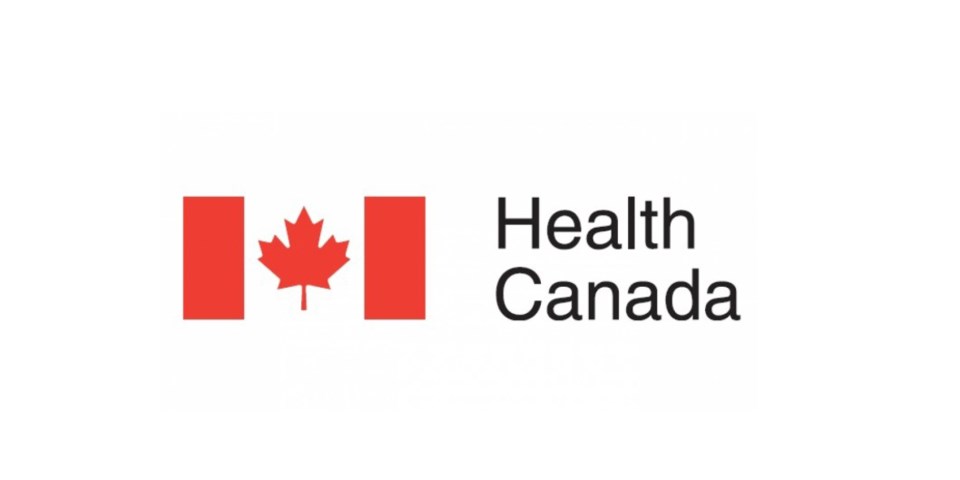The debate over the safety of artificial sweeteners has been going strong for years. The word "artificial" seems to trigger intense feelings of hatred and scare many consumers into believing the popularized negative hype. But is that hype justified? Do artificial sweeteners cause weight gain, diabetes and cancer? First of all, what are artificial sweeteners? Artificial sweeteners are sugar substitutes that are used to make food taste sweet with very few calories. These sweeteners have a different chemical makeup than sugar and generally don't affect blood sugar levels. Since artificial sweeteners have a super-sweet taste, you need to use less of them to produce the same taste as white sugar.
So I can sweeten my coffee, with minimal calories and my blood sugar won't spike? While these claims may make you suspicious, all of this is true, and in Canada a number of artificial sweeteners have been shown to be safe for consumption. Sweeteners must undergo extensive research demonstrating their safety before being approved for use by Health Canada. This research addresses the absorption and excretion of the sweetener, short and long-term toxicity, cancer-causing and DNA damaging potential, reproductive and developmental effects and the potential effect on organ systems. The safety of sweeteners is tested in a variety of experimental animal models, at exposure rates that greatly exceed expected human consumption levels. Once a sweetener is approved, Health Canada sets strict guidelines for how it can be used, as well as acceptable daily intake levels.
Artificial sweeteners that can be sold in Canada include aspartame, acesulfame-potassium, polydextrose, sucralose, cyclamate and stevia. Advantame was added to the list of approved sweeteners last summer after extensive review. Each sweetener is marketed under a different brand name and is used in a variety of products. For example, Sucralose is marketed under the brand name Splenda and is produced for home cooking and baking. It is also used in commercially produced soft drinks, candy, baked goods and frozen desserts.
At one time you may have noticed that some products sold in the United States and advertised as "low-calorie" or "diet" were not available in Canada. A number of products, including a variety of low-calorie candies and ice creams, were not sold in Canada because they contained saccharin, an artificial sweetener that had not been allowed in food products in Canada since the 1970s. Saccharine was originally banned for use because of its potential to cause cancer in rats. Recent studies have found that the cancer-causing effect seen in rats is not relevant to humans. After an extensive review of the most recent data available, the International Agency for Research on Cancer concluded that saccharin can no longer be considered a possible carcinogen in humans. Following this decision, Health Canada proposed regulatory changes to allow saccharin to be used as a food additive. As of this past summer, saccharin has been approved for use as a table top sweetener and food additive in breath freshening products, canned fruit, chewing gum, frozen desserts and a number of other products. As a result, we may start to see many of the low-calorie, low-sugar food products available in the United States appearing on Canadian grocery store shelves.
The fear of artificial sweeteners may have grown from the early studies of the 1970s, which warned of their cancer-causing effects. While research continues in the area of artificial sweeteners and their safety and efficacy in managing weight and diabetes, what we know now is that they are safe for use. Despite the evidence for their safety, the discussion surrounding artificial sweeteners is unlikely to die down anytime soon.
In Canada, all approved artificial sweeteners must be listed on a product's ingredients label, allowing consumers to make an informed choice regarding the products they buy. While these sweeteners can be a part of a healthy diet, they are not required, and the decision whether or not to take them is a personal one.
Kelsey Leckovic is a registered dietitian with Northern Health working in chronic disease management.



